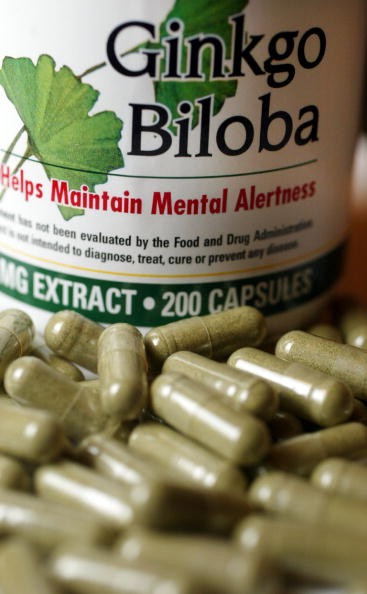
Feverfew
- Some research suggests that feverfew may be helpful in preventing migraine headaches; however, results have been mixed and more evidence is needed from well-designed studies.
- One study found that feverfew did not reduce rheumatoid arthritis symptoms in women whose symptoms did not respond to conventional medicines. It has been suggested that feverfew could help those with milder symptoms.
- There is not enough evidence available to assess whether feverfew is beneficial for other uses.
Goldenseal
- Few studies have been published on goldenseal's safety and effectiveness, and there is little scientific evidence to support using it for any health problem.
- Clinical studies on a compound found in goldenseal, berberine, suggest that the compound may be beneficial for certain infections-such as those that cause some types of diarrhea, as well as some eye infections. However, goldenseal preparations contain only a small amount of berberine, so it is difficult to extend the evidence about the effectiveness of berberine to goldenseal.
- NCCAM is funding research on goldenseal, including studies of antibacterial mechanisms and potential cholesterol-lowering effects. NCCAM is also funding development of research-grade goldenseal, to facilitate clinical studies.
Ginkgo
- Numerous studies of ginkgo have been done for a variety of conditions. Among the most widely researched are dementia, memory impairment, intermittent claudication, and tinnitus.
- An NCCAM-funded study of the well-characterized ginkgo product EGb-761 found it ineffective in lowering the overall incidence of dementia and Alzheimer's disease in the elderly. Further analysis of the same data also found ginkgo to be ineffective in slowing cognitive decline, lowering blood pressure, or reducing the incidence of hypertension. In this clinical trial, known as the Ginkgo Evaluation of Memory study, researchers recruited more than 3,000 volunteers age 75 and over who took 240 mg of ginkgo daily. Participants were followed for an average of approximately 6 years.
- Some smaller studies of ginkgo for memory enhancement have had promising results, but a trial sponsored by the National Institute on Aging of more than 200 healthy adults over age 60 found that ginkgo taken for 6 weeks did not improve memory.
From NCCAM.NIH.gov

